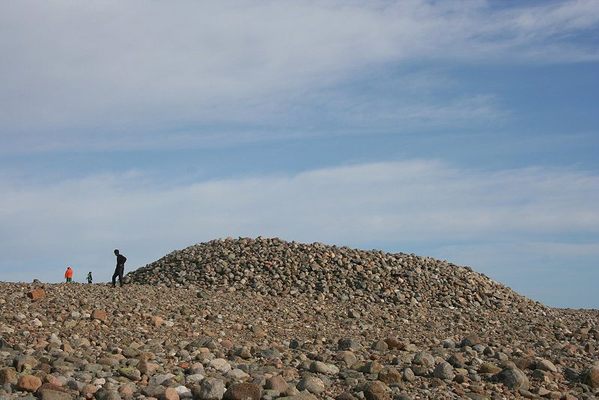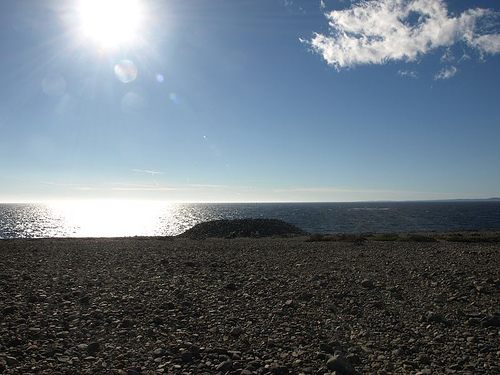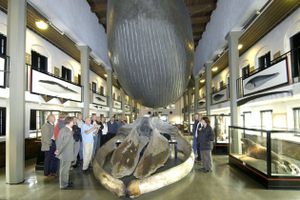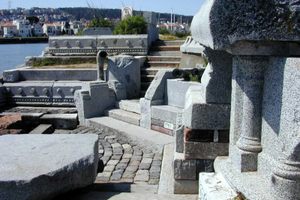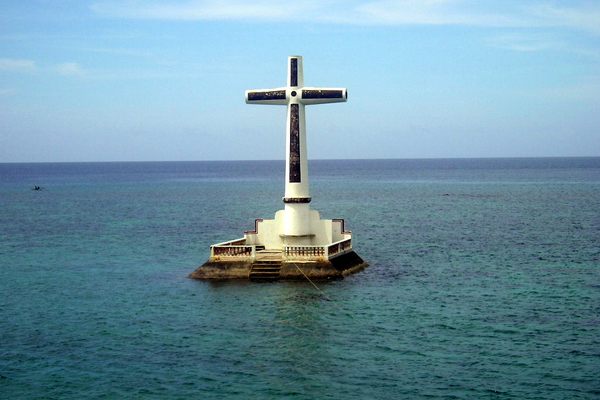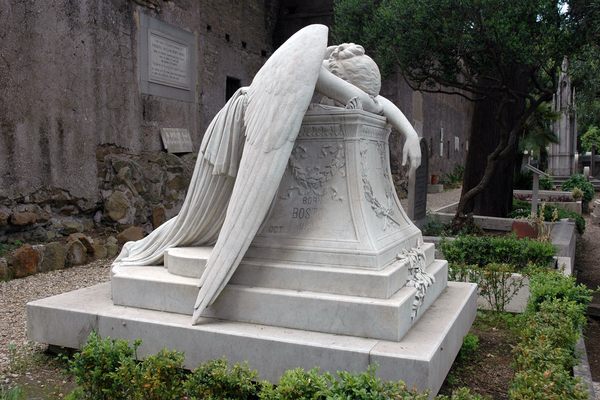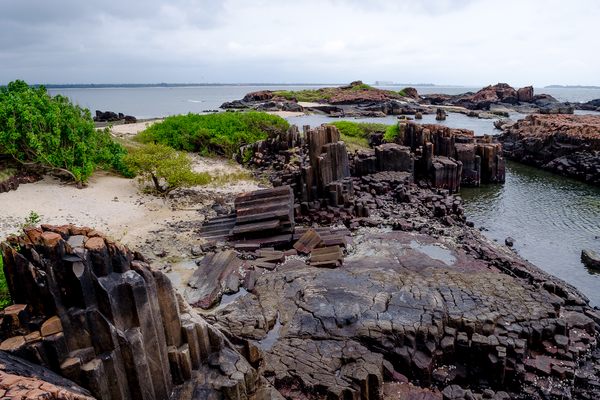About
The Old Norse word "mol" means a manmade mound or pile of stones. Such "mols" or cairns as they are more commonly known, were often used by ancient peoples to mark a burial site. Mølen, Norway's largest stone beach, takes its name from the 230 "mols" or cairns built on it over the ages. The rock piles, which have changed little over the 2000 years they were built, form a sort of ancient cemetery on this beautiful Norwegian beach.
The area has 16 large cairns, some exceeding 100 feet in diameter, with almost 200 small cairns in rows parallel to the shoreline. Excavations of the man-made rock piles have revealed burnt stones and iron nails, and been dated to approximately 250 A.D. The piles very well may have served as both burial site and crematorium with the bodies of warriors and sailors burned within. Though archeologists do not know what ceremonies were linked to the burials, it is thought that the most powerful members of society were given the most impressive grave sites, while ordinary people had to make do with simpler types of graves.
The cairns, which are clearly visible to passing ships, not only served as burial sites but probably as "sea markers" as well helping ships to navigate between trading centers.
Related Tags
Know Before You Go
Just outside Nevlunghavn in Vestfold, Norway
Community Contributors
Published
July 8, 2009
